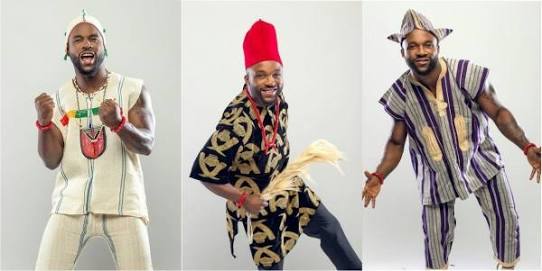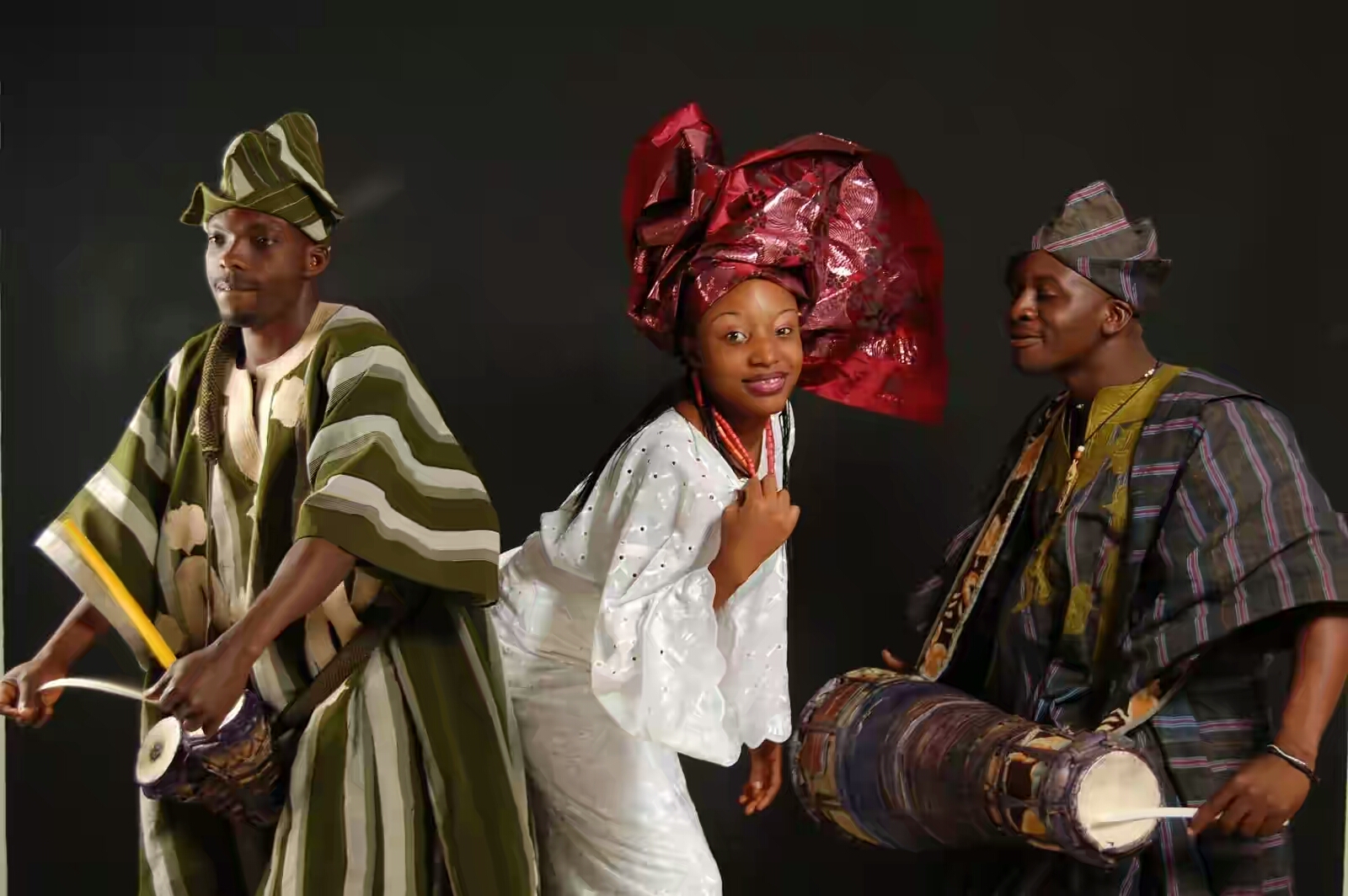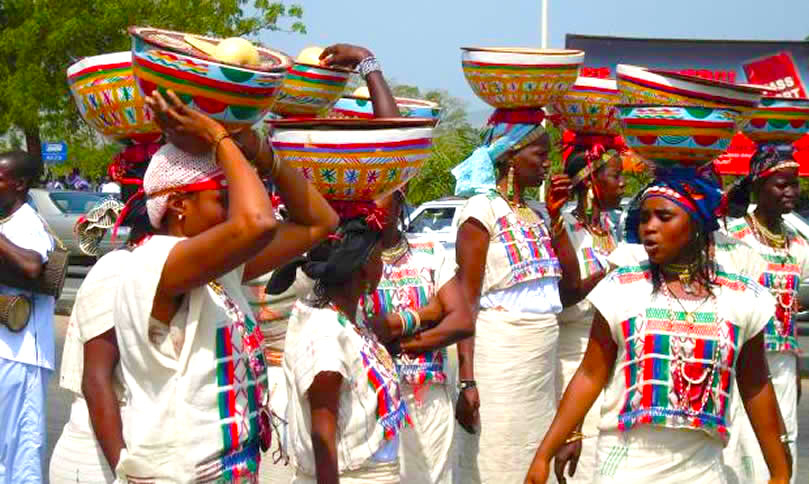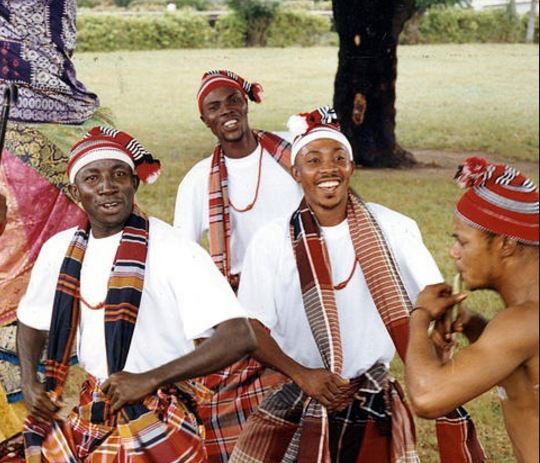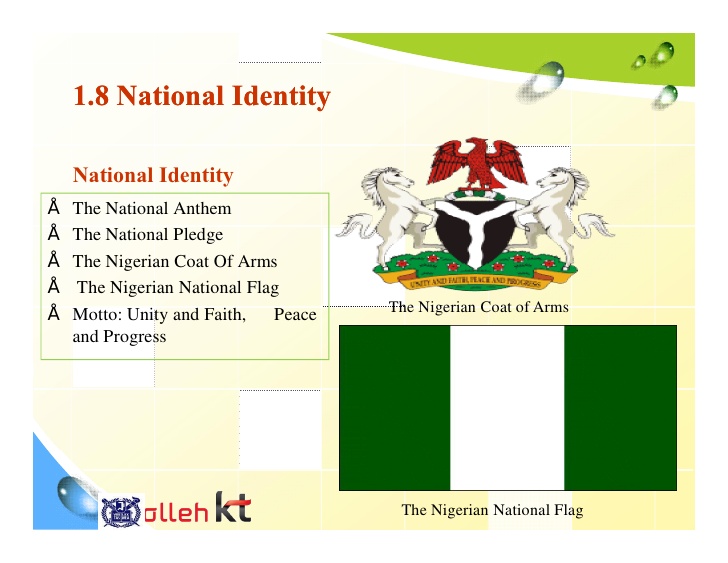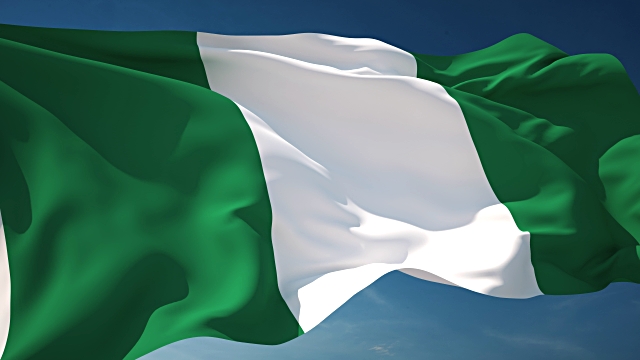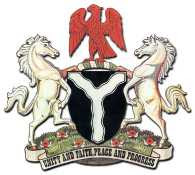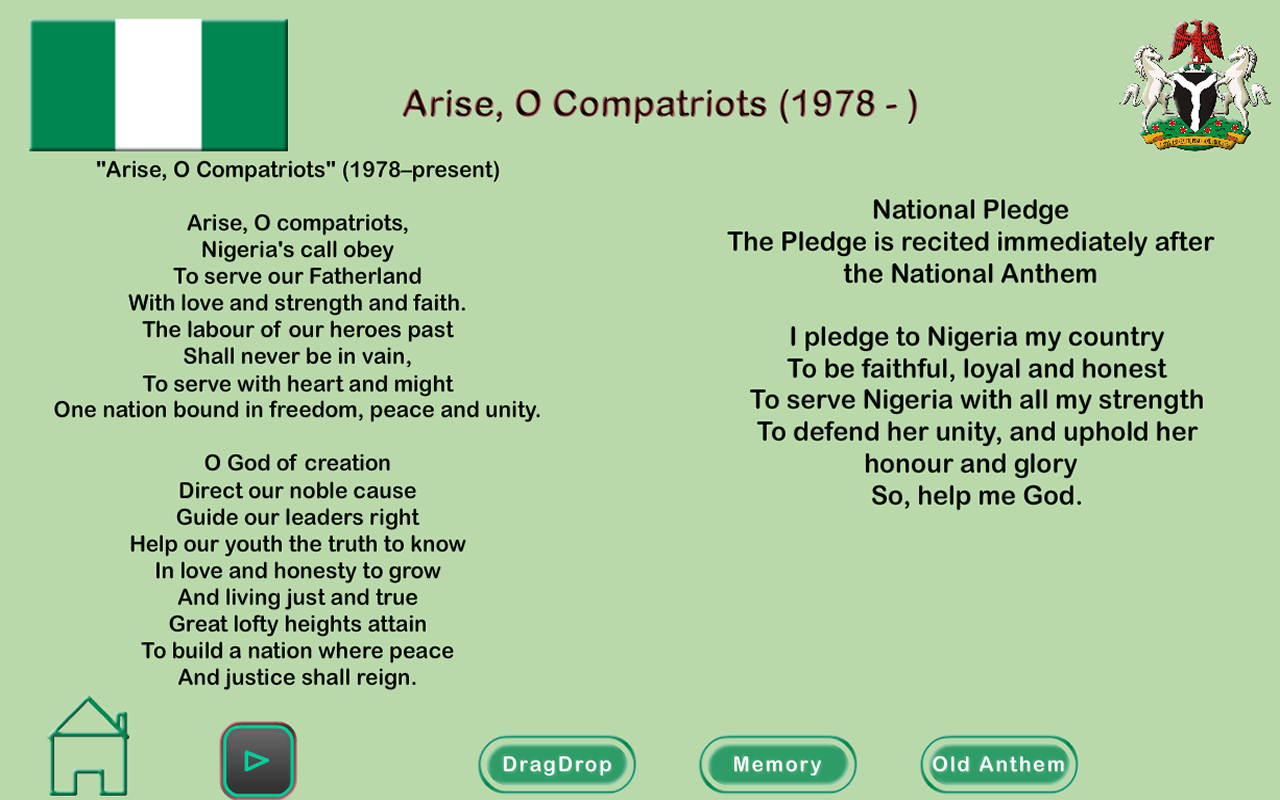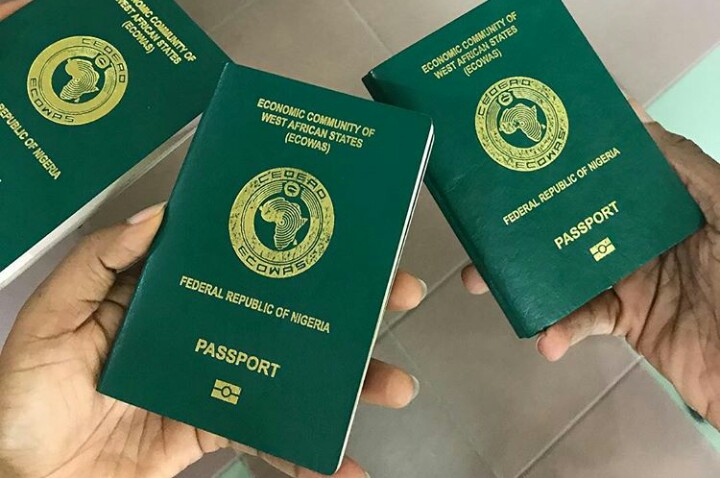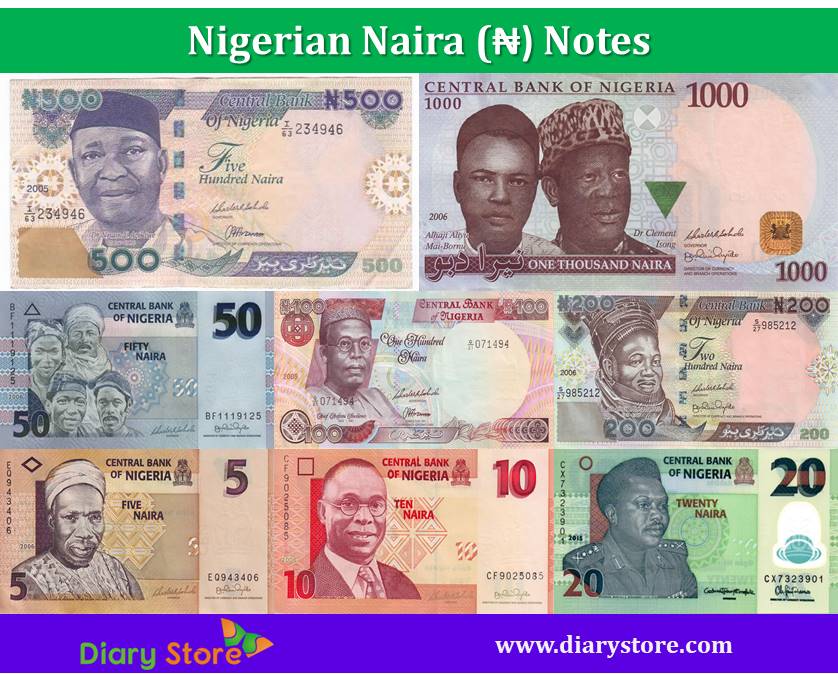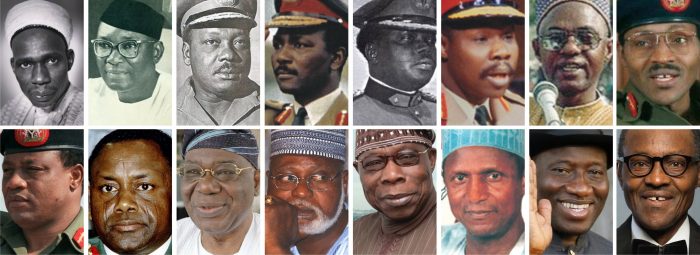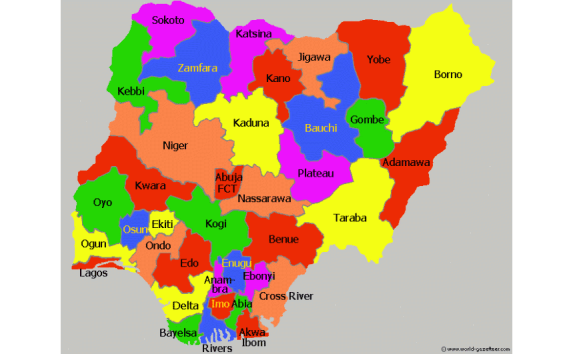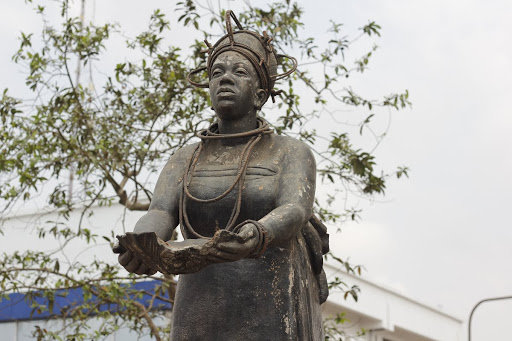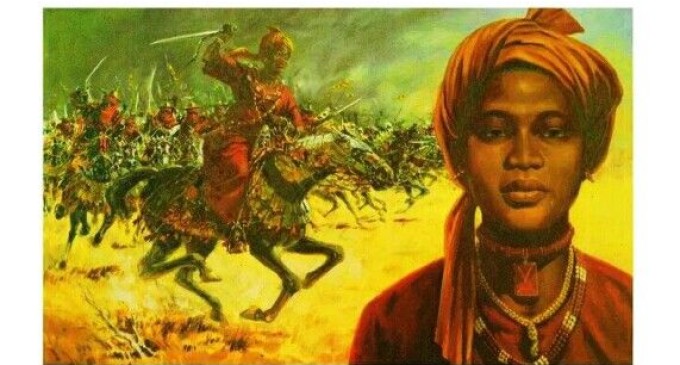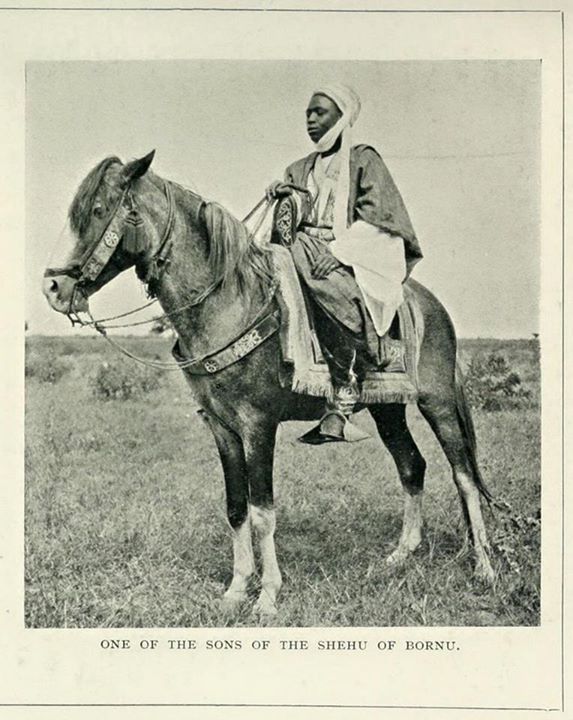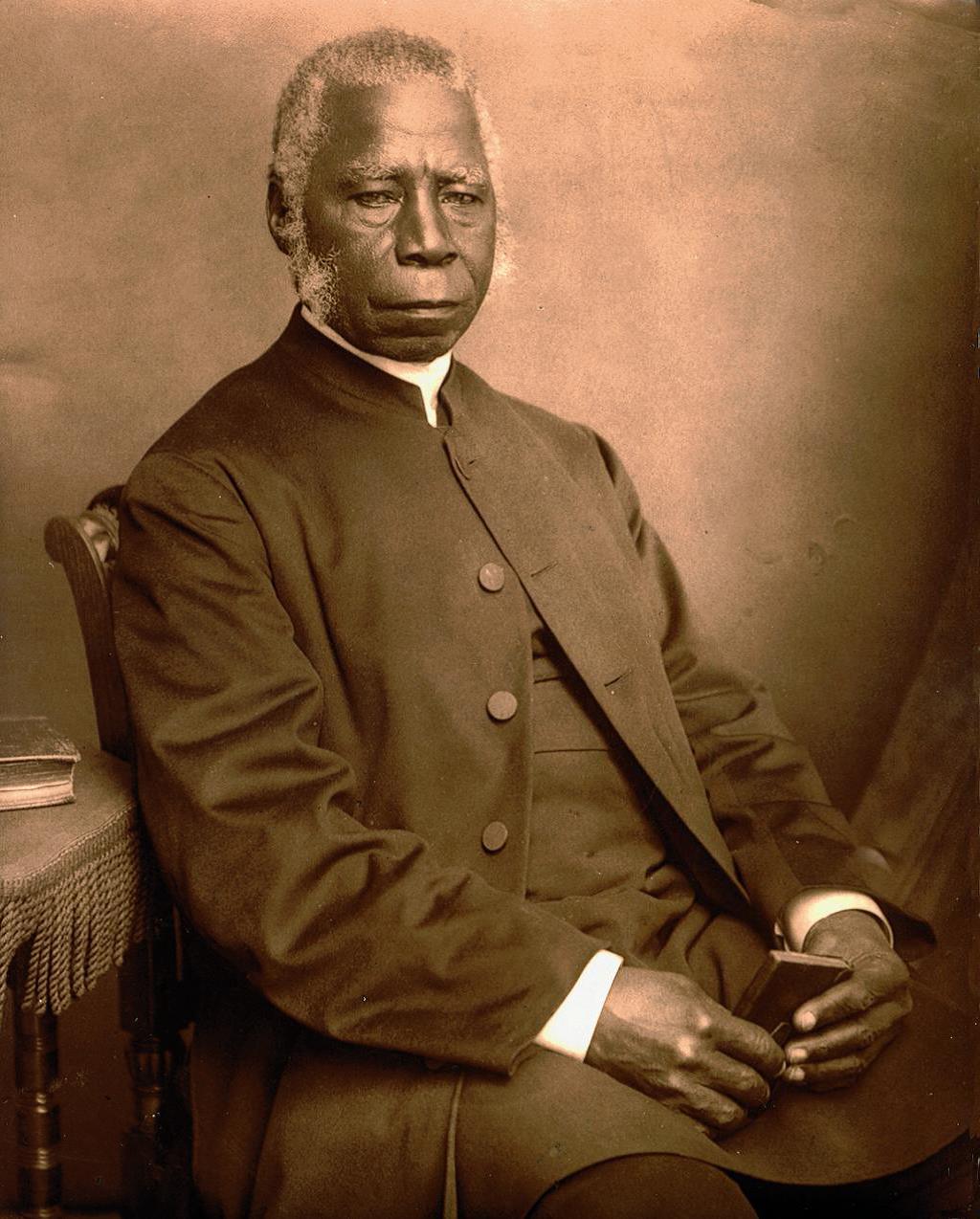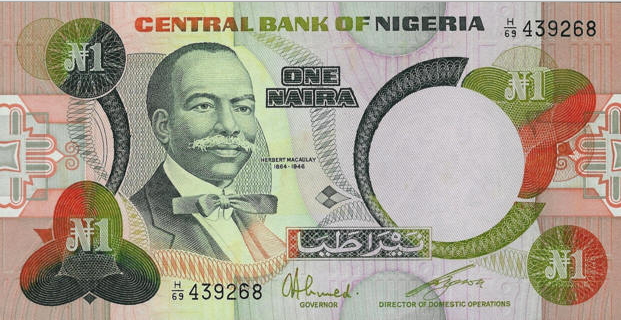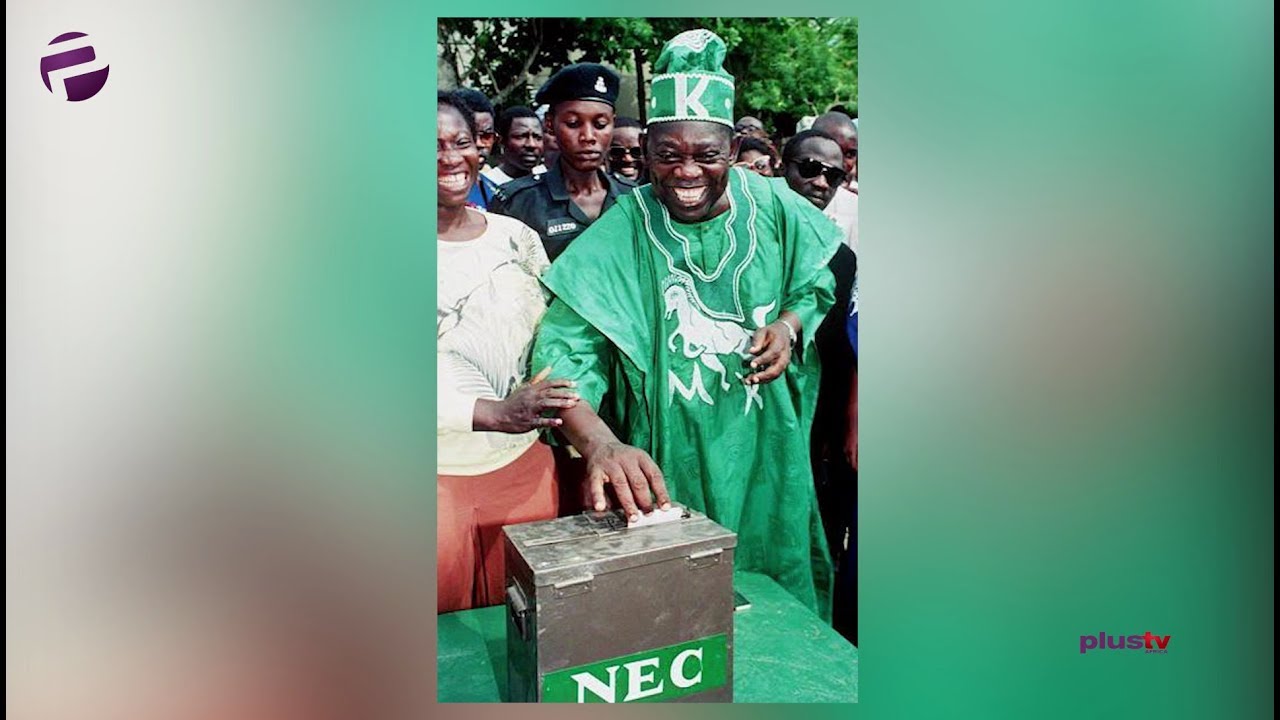WEEK 10
Posted: Thu Jun 18, 2015 5:59 pm
LESSON 15
Topic: Communication
Specific topic: Meaning and Types of Communication
Reference book: SOLAKAT NEW SYLABUS ON SOCIAL STUDIES FOR JSS BOOK 2
Performance Objective: At the end of the lesson, the students should be able to;
(a) define communication.
(b) explain the types of communication; traditional and modern.
Content:
COMMUNICATION:
Communication refers to the sharing of information with one another. Communication is divided into
(i) Traditional communication
(ii) Modern communication.
Traditional communication takes any of the following four forms:
(a) By signals
(b) by sound
(c) By oral message
(d) By contact.
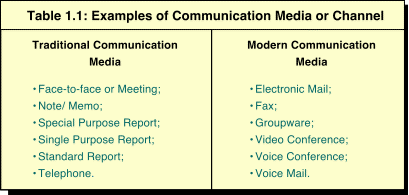
Modern communication: This is the sharing of information with many people in different places a with the help of medicine. Modern communication can take any of the following types.
(A) Mass Communication
(B) Postal services
(C) Telegrams etc.

Evaluation:
(i) define communication
(ii) mention and discuss the type of communication
(iii) give three examples of traditional and modern communication.
Assignment: Draw and paste on your note three traditional means of communication
further studies
http://en.wikipedia.org/wiki/Communication
http://notesdesk.com/notes/business-com ... unication/
http://education-portal.com/academy/les ... tages.html
LESSON 16
Telecommunication
Reference book: SOLAKAT NEW SYLLABUS ON SOCIAL STUDIES FOR J.S.S VOLUME 2
Performance Objective: At the end of the lesson, the students should be able to;
(a) define telecommunication
(b) explain the roles of communication
Content:
Telecommunication:
Telecommunication refers to communication aided by electrical and electronic transmission. The most popular form of telecommunication today is Global system for Mobile telecommunication. Other media of telecommunication include. Telegram, telephone, wireless, telex etc.

THE ROLES OF COMMUNICATION
1. Communication helps manufacturers to advertise their products
2. It enables the consumers to know the type of products available in the market.
3. It helps to create awareness about government activities in Nigeria.
4. It helps employers and applicants in recruitment and employment respectively.
5. Mass communication has been used to foster in national unity.
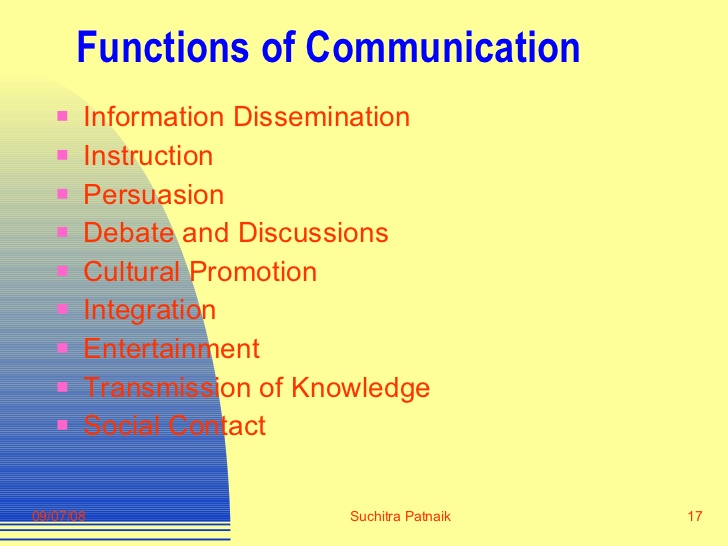
Evaluation:
(i) define telecommunication
(ii) mention five roles of communication
Assignment: differentiate between communication and telecommunication
further studies
http://en.wikipedia.org/wiki/Telecommunication
http://www.wisegeek.org/what-is-telecommunications.htm
http://www.fao.org/docrep/t1815e/t1815e01.htm
practice test
http://www.proprofs.com/quiz-school/sto ... ation-quiz
http://www.oup.com/us/companion.website ... t2/mcquiz/
Topic: Communication
Specific topic: Meaning and Types of Communication
Reference book: SOLAKAT NEW SYLABUS ON SOCIAL STUDIES FOR JSS BOOK 2
Performance Objective: At the end of the lesson, the students should be able to;
(a) define communication.
(b) explain the types of communication; traditional and modern.
Content:
COMMUNICATION:
Communication refers to the sharing of information with one another. Communication is divided into
(i) Traditional communication
(ii) Modern communication.
Traditional communication takes any of the following four forms:
(a) By signals
(b) by sound
(c) By oral message
(d) By contact.

Modern communication: This is the sharing of information with many people in different places a with the help of medicine. Modern communication can take any of the following types.
(A) Mass Communication
(B) Postal services
(C) Telegrams etc.

Evaluation:
(i) define communication
(ii) mention and discuss the type of communication
(iii) give three examples of traditional and modern communication.
Assignment: Draw and paste on your note three traditional means of communication
further studies
http://en.wikipedia.org/wiki/Communication
http://notesdesk.com/notes/business-com ... unication/
http://education-portal.com/academy/les ... tages.html
LESSON 16
Telecommunication
Reference book: SOLAKAT NEW SYLLABUS ON SOCIAL STUDIES FOR J.S.S VOLUME 2
Performance Objective: At the end of the lesson, the students should be able to;
(a) define telecommunication
(b) explain the roles of communication
Content:
Telecommunication:
Telecommunication refers to communication aided by electrical and electronic transmission. The most popular form of telecommunication today is Global system for Mobile telecommunication. Other media of telecommunication include. Telegram, telephone, wireless, telex etc.

THE ROLES OF COMMUNICATION
1. Communication helps manufacturers to advertise their products
2. It enables the consumers to know the type of products available in the market.
3. It helps to create awareness about government activities in Nigeria.
4. It helps employers and applicants in recruitment and employment respectively.
5. Mass communication has been used to foster in national unity.

Evaluation:
(i) define telecommunication
(ii) mention five roles of communication
Assignment: differentiate between communication and telecommunication
further studies
http://en.wikipedia.org/wiki/Telecommunication
http://www.wisegeek.org/what-is-telecommunications.htm
http://www.fao.org/docrep/t1815e/t1815e01.htm
practice test
http://www.proprofs.com/quiz-school/sto ... ation-quiz
http://www.oup.com/us/companion.website ... t2/mcquiz/
